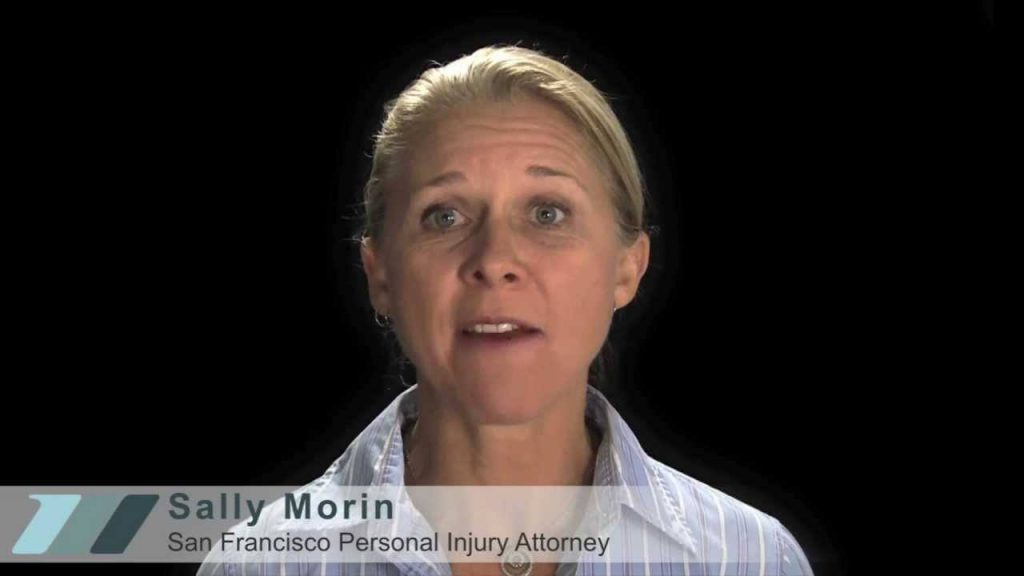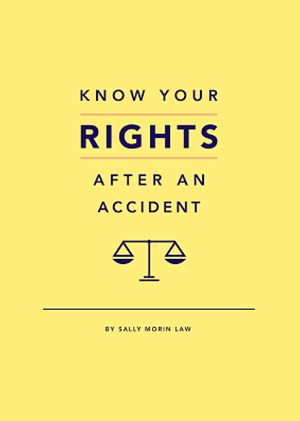Five Things You Must Do When Negotiating a Settlement in Your Personal Injury Case
In this video we discuss the five most important things you must do when negotiating a settlement in your personal injury case.
Although it is not always recommended, sometimes it is appropriate for people to present their own personal injury case to the insurance company without the assistance of an attorney. If you have any questions about a particular personal injury case, you should consult with a trusted and skilled personal injury traffic accident attorney to see if this is an appropriate avenue for you. If you are going to take on this endeavor, you want to make sure to you do it right!
There are hundreds of factors that go into evaluating a personal injury case. I’m going to just touch on the basics here. Each item will be described in more detail in upcoming video blog posts in this video series, so stay tuned for those. Based on my 15 years of experience as a personal injury lawyer, I think the following five things are the most crucial when negotiating a settlement with the insurance company.
Establish good rapport with the insurance adjuster.
Maintain control of the information in your case.
Get quality medical care that is both reasonable and necessary.
Submit a written settlement demand letter (with all the supporting documentation).
Have reasonable expectations.
I will discuss each of these five things separately in more detail in my latest video blog series covering the top five things you must do when negotiating your personal injury case. Please stay tuned for the next video. You won’t want to miss it!
If you have any questions about a particular personal injury case, please submit your case for review by the experienced personal injury team at Sally Morin Personal Injury Lawyers. We are top-ranked personal injury attorneys with offices in San Francisco and Los Angeles.
This video is not intended to be a source of legal advice for any purpose. Prior results do not guarantee a similar outcome. The information in this video does not constitute a guarantee, warranty or prediction regarding the outcome of your case.











